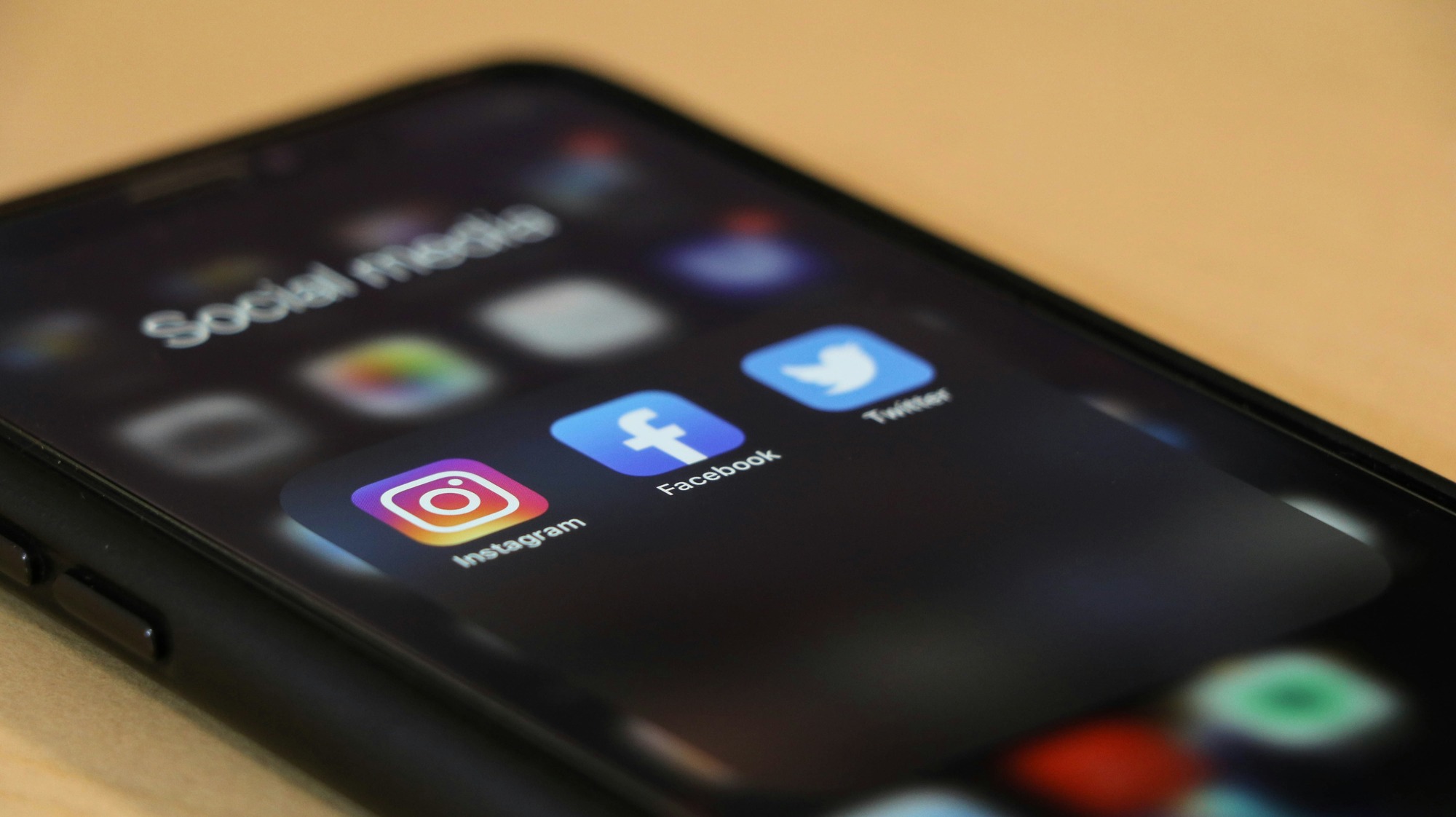
Gen Z may have grown up with smartphones in hand and social media as second nature, but that doesn’t mean they’re happy about it. In fact, a growing number of young people are openly expressing frustration, exhaustion, and even grief over the constant demand to be digitally present. Being “chronically online” isn’t just a meme anymore. It’s a cultural reality, and a draining one at that.
It’s easy to assume that Gen Z thrives on all things digital. They’re fluent in trends, experts at aesthetics, and hyper-aware of what’s happening online. But that fluency doesn’t equal freedom. If anything, it’s made them more aware of how much being always on is slowly burning them out. So why is the generation most immersed in digital life also the most vocal about wanting to escape it?
The Pressure to Perform, Everywhere, All the Time
Unlike older generations who eased into the internet, Gen Z was born into a world where your online presence is your identity. From middle school onwards, many of them have been curating versions of themselves on Instagram, TikTok, Snapchat, Twitter—sometimes all at once. It’s not just sharing anymore. It is performance, and it never really stops.
There’s a pressure to be funny, to be politically aware, to look good, to post at the right time, to stay relevant, and to avoid saying the “wrong” thing. Even when you’re doing nothing, the algorithm is doing something to you, serving you more content, shaping your opinions, feeding your insecurities. There’s no off switch. The feed just keeps going.
And it’s not just social media. There are group chats, DMs, dating apps, Zoom classes, side hustles, and countless platforms that make up the average Gen Zer’s digital ecosystem. Logging off starts to feel impossible, even when every part of you is screaming for rest.
The Myth That They “Love Being Online”
Older generations often mistake Gen Z’s tech fluency for enthusiasm. But being good at something doesn’t mean you love it, especially when it’s not optional. Many Gen Zers report feeling like they have to maintain an online presence just to keep up with friendships, opportunities, or even job prospects. Not being online can feel like disappearing.
But the constant connection is exhausting. Scrolling is mindless until it isn’t. You go online for a break, and suddenly you’re bombarded with bad news, unattainable beauty standards, climate anxiety, and a thousand other things you weren’t emotionally prepared to absorb. It’s a loop of stimulation, numbness, and guilt.
More and more Gen Zers are talking about this openly on the very platforms they’re trying to break free from. They’re saying what so many are feeling: this isn’t fun anymore. It’s survival. And they’re tired.

Digital Burnout Is Real and Growing
The term “digital burnout” used to be reserved for overworked adults in corporate jobs. Now, it’s a common experience among teens and twenty-somethings. Many describe feeling overstimulated, chronically distracted, or emotionally numb. Others mention losing the ability to focus, be creative, or just feel joy offline.
Some are responding by deleting apps, switching to flip phones, or setting stricter screen time limits. Others are doing “digital detoxes,” even if it’s just for a weekend. The point isn’t to disappear forever—it’s to get a break from the noise and find some space to breathe.
What’s interesting is that this isn’t a total rejection of technology. Gen Z knows the internet is a powerful tool. They’ve used it to organize, educate, and create some of the most unique cultural movements of the past decade. The exhaustion isn’t from being connected. It’s from never having a choice not to be.
The Rise of Quiet Rebellion
There’s a quiet rebellion happening, and it’s not about abandoning the internet. It’s about reclaiming it. Gen Z is setting boundaries. They’re talking about digital hygiene. They’re choosing what they engage with more intentionally. Some are creating separate “spam” accounts just to post unfiltered, silly content without worrying about likes or judgment. Others are logging off completely and reconnecting with nature, books, journaling, or face-to-face time with friends.
And here’s the real shift: they’re starting to value boredom again. Silence. Stillness. Long walks without podcasts. Hanging out without taking photos. It’s not nostalgia—it’s self-preservation. Being “offline” isn’t about being anti-tech. It’s about rebalancing the scale. It’s a reminder that you don’t have to perform your entire life to feel like it matters.
Have you felt the pressure to be “on” all the time? Are you rethinking your digital habits—or finding ways to take space from the scroll?
Read More:
Constantly Scrolling on Your Phone Is Costing You More Money Than You Think
Why Are Gen Z Bringing Typewriters to Coffee Shops Now?
Riley is an Arizona native with over nine years of writing experience. From personal finance to travel to digital marketing to pop culture, she’s written about everything under the sun. When she’s not writing, she’s spending her time outside, reading, or cuddling with her two corgis.


Leave a Reply